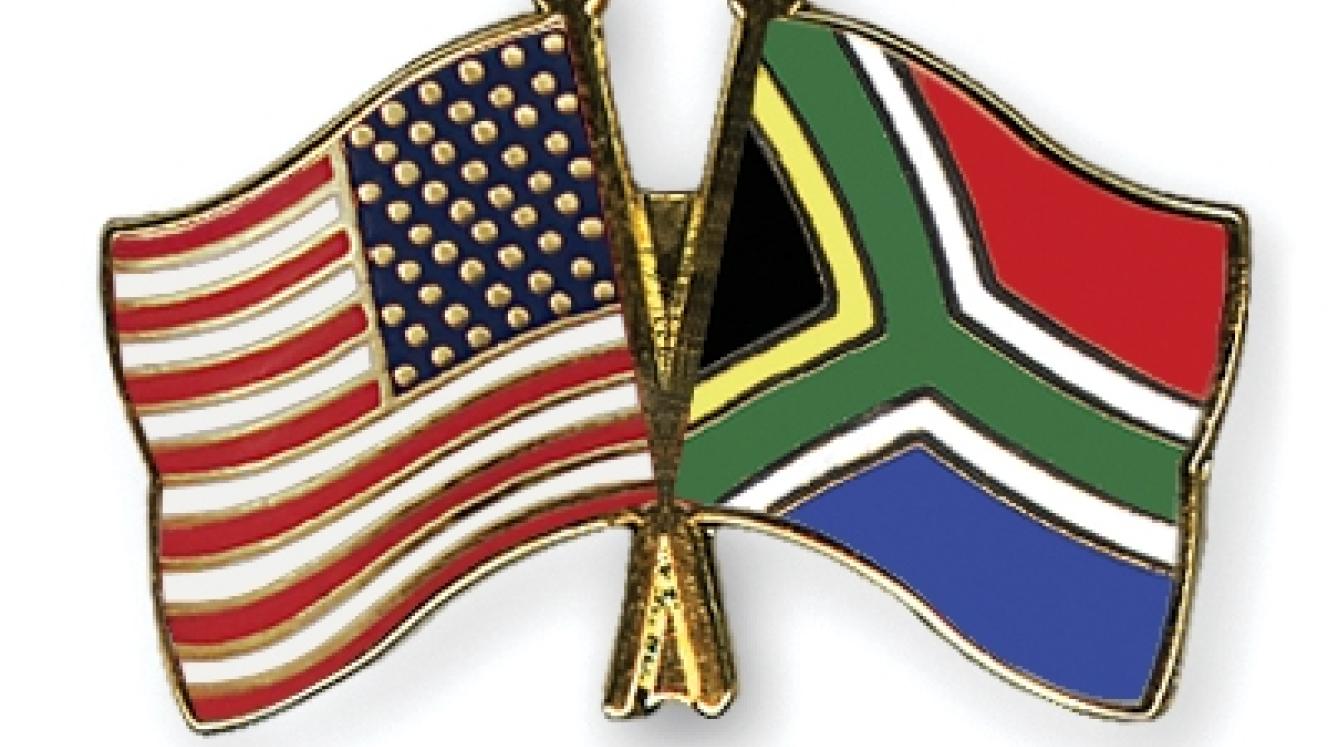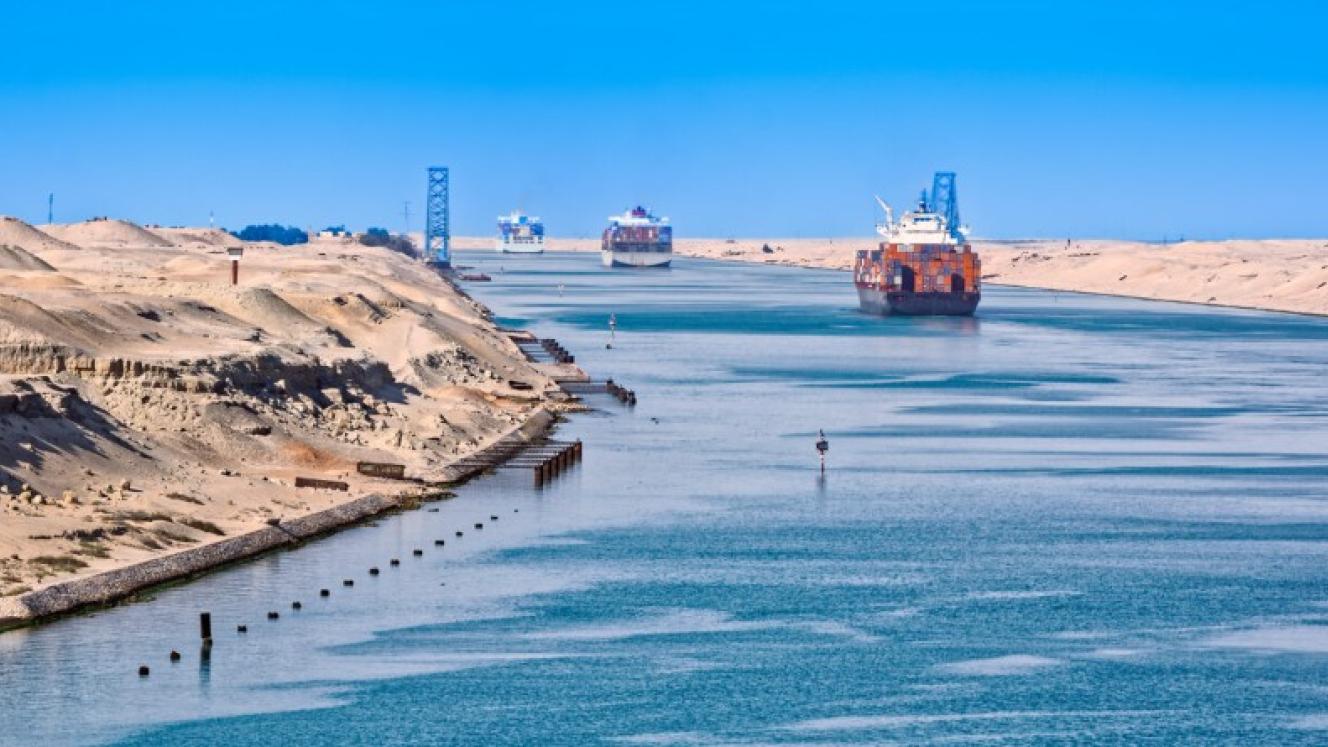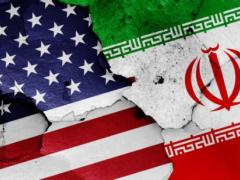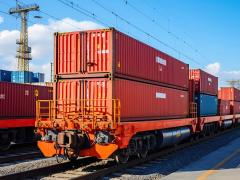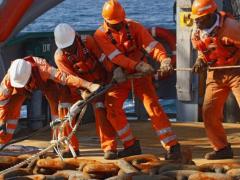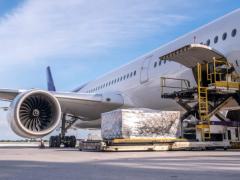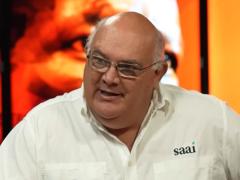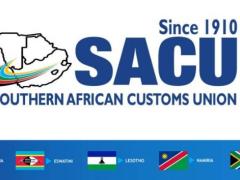President Cyril Ramaphosa has reiterated his commitment to strengthening South Africa’s ties with the United States.
Speaking during a virtual business and investment roundtable on Tuesday, he congratulated the Americans for their successful elections held last week, which saw Joe Biden win.
Among the attendees at the event were three major organisations, Business Council for International Understanding, the Corporate Council on Africa, and the US Chamber of Commerce.
The President told delegates that the roundtable was taking place at an important time when both countries had begun the laborious task of rebuilding economies while working to overcome the coronavirus pandemic.
“It is now more important than ever for South Africa and the US to deepen our strategic partnership conducted through a number of political and economic forums,” he said, adding that the United States was South Africa’s third-largest trading partner.
Last year South Africa was the largest source of African imports to the United States, followed by Nigeria, Egypt and Algeria on the continent.
Meanwhile, the country is a leading recipient of United States foreign direct investment in Africa, and the largest African investor in the United States.
According to the President, since the first conference in 2018, government has been working steadily to create an enabling environment for both foreign and local companies to thrive in South Africa.
“We are focusing on key reforms in the energy, telecommunications and logistics industries to improve the competitiveness of our economy.”
He said they were also fast-tracking measures to reduce the cost of doing business and lowering barriers to entry.
He believes that the Economic Reconstruction and Recovery Plan launched last month is one of the key drivers to restart the economy after the devastating impact of the pandemic on growth and employment.
The plan identifies four priority intervention areas including an infrastructure build programme, expanding energy generation capacity, employment stimulus through social and public projects, and accelerating industrialisation through local production.
“Even though it has been just a few weeks since the plan was announced, we have long begun work to deliver these commitments. As we say in the plan, there is ‘a ruthless focus on implementation’,” he added.
President Ramaphosa thinks infrastructure has immense potential to stimulate investment and growth, to develop other economic sectors, and create sustainable employment both directly and indirectly.
“To this end, we have developed a robust pipeline of projects with an investment value of R2.3 trillion – or around $150 billion – that will transform the landscape of our cities, towns and rural areas,” he said, adding that sustained growth depended to a large extent on the ability to give all South Africans a meaningful stake in the economy.
Meanwhile, he said broad-based black economic empowerment was vital not only to correct the injustices of the past and overcome the inequalities of the present but also to ensure the economy could realise its full potential.
Vaccine and manufacturing
President Ramaphosa told delegates that the country had recently concluded deals involving Aspen Pharmacare and two subsidiaries of Johnson & Johnson to manufacture a Covid-19 candidate vaccine locally.
“This is yet another demonstration of the partnership between South African and American business, making use of our world-class manufacturing capacity to answer a pressing global need.”
He said that growing domestic manufacturing was a key component of the country’s recovery plan and that much work was under way.
“We have, for example, already finalised masterplans in the automotive, clothing and textile, poultry and sugar industries.”
He said the country had received R60 billion – or around $4 billion – in investment pledges from vehicle and component manufacturers.
“We are working with the respective industries to finalise masterplans for the digital economy, forestry, aerospace and defence, renewable energy and a host of other important industries.”
As the country drove implementation of the economic recovery plans, interactions between government and business were vital, President Ramaphosa stressed.
African trade
He said the African Continental Free Trade Area (AfCFTA), which comes into operation in January, would have a massive impact on African economies, on trade and investment.
A World Bank report estimates that the AfCFTA could contribute to an increase in real income gains for the continent of 7%, or nearly $450 billion, by 2035.
“With its relatively developed industrial base and the measures under way to expand manufacturing capacity, South Africa is well positioned to benefit from the opportunities that the Continental Free Trade Area will provide.”
He is also predicting that Africa’s export sectors will need more international trade agreements to access market opportunities and global value chains.
“We must strengthen collaboration on skills transfer, training and information sharing.”
Meanwhile, he said impediments to trade, both tariff- and non-tariff related, must be reduced.
“Let us continue to work together to strengthen the trade environment and investment climate in our respective countries,” President Ramaphosa added.
Access the entire Economic Reconstruction and Recovery Plan on https://www.gov.za/sites/default/files/gcis_document/202010/south-african-economic-reconstruction-and-recovery-plan.pdf.
– SAnews.gov.za
